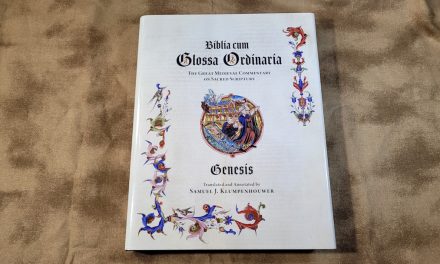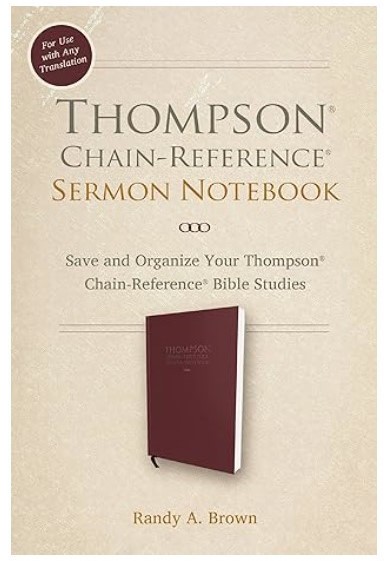Incomplete Commentary on Matthew (Opus imperfectum as it is known in Latin) Volume 1, Ancient Christian Texts is a translation from InterVarsity Press. It was translated by James A. Kellerman and edited by Thomas C. Oden. It is part of their Ancient Christian Texts series.
The Ancient Christian Texts series are translations of commentaries and sermons by early Church leaders that are translated into English. They allow anyone to study the writings of the early Christian writers and are intended for general and non-professional use by those that study the Bible on a regular basis.
This commentary is called ‘Incomplete’ because the original work was missing everything beyond the end of Matthew 25, and had gaps between Matthew 8:11-10:15 and 13:14-18:35.
It was originally written in Latin. The author is unknown, but it was originally believed to be John Chrysostom. The writing style does not match Chrysostom’s and the author refers to the book of Seth (from the apocrypha) in 2:2, which Chrysostom would not have used. Chrysostom wrote a book titled Commentary on Matthew, but it is unrelated to this volume. The Incomplete Commentary on Matthew is believed to have been written in the 5th century.
Thomas Aquianas held this volume in high regard and it was very popular in the middle ages. Each verse is given a lengthy treatment of commentary; so much that this translation had to be divided into two volumes. For example, the commentary on 4:1 takes 3.5 pages. Even though the commentary is lengthy, it is easy to read and follow, containing lots of references and illustrations (in words at least) to make the point.
The theology contains a mild form of Arianism in a handful of passages (8:9 in this volume, and 20:8, 20:23, and 23:32 in the next volume). In Matthew 8:9 the author claims the Son is not equal to the Father (I would describe this point as a testament to the humanity and Deity of Jesus). Not much else is mentioned about Arian theology. Some in the middle ages believed that the Arian thoughts had been added later since there was so very little mentioned.
I recommend Incomplete Commentary on Matthew. The translator’s introduction is a good resource that sets the stage of early Church leaders and shows how theology was developed in the first few centuries. It is easy to read and follow and is a good commentary on the book of Matthew.
InterVarsity Press provided this review copy for free. I was not required to give a positive review- only an honest review.










